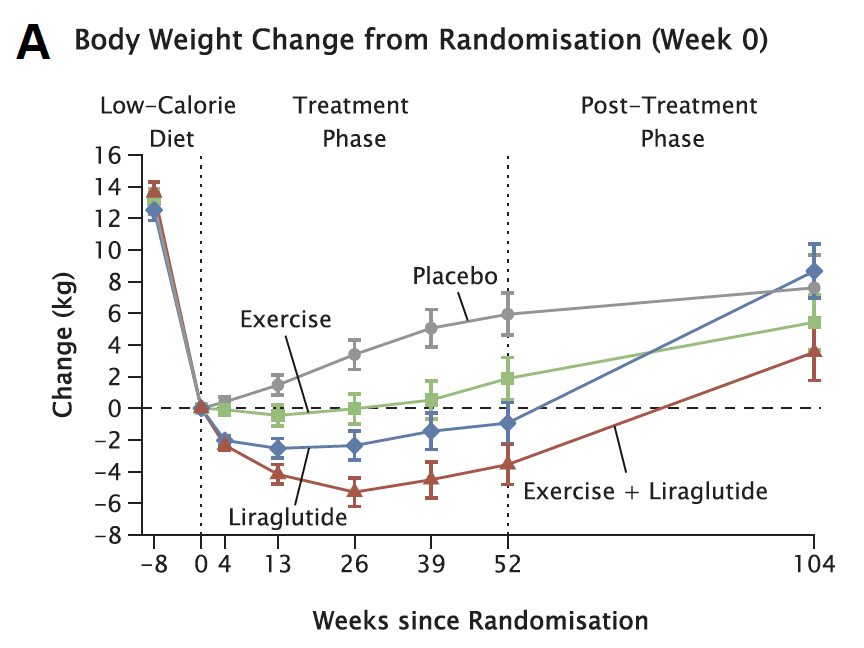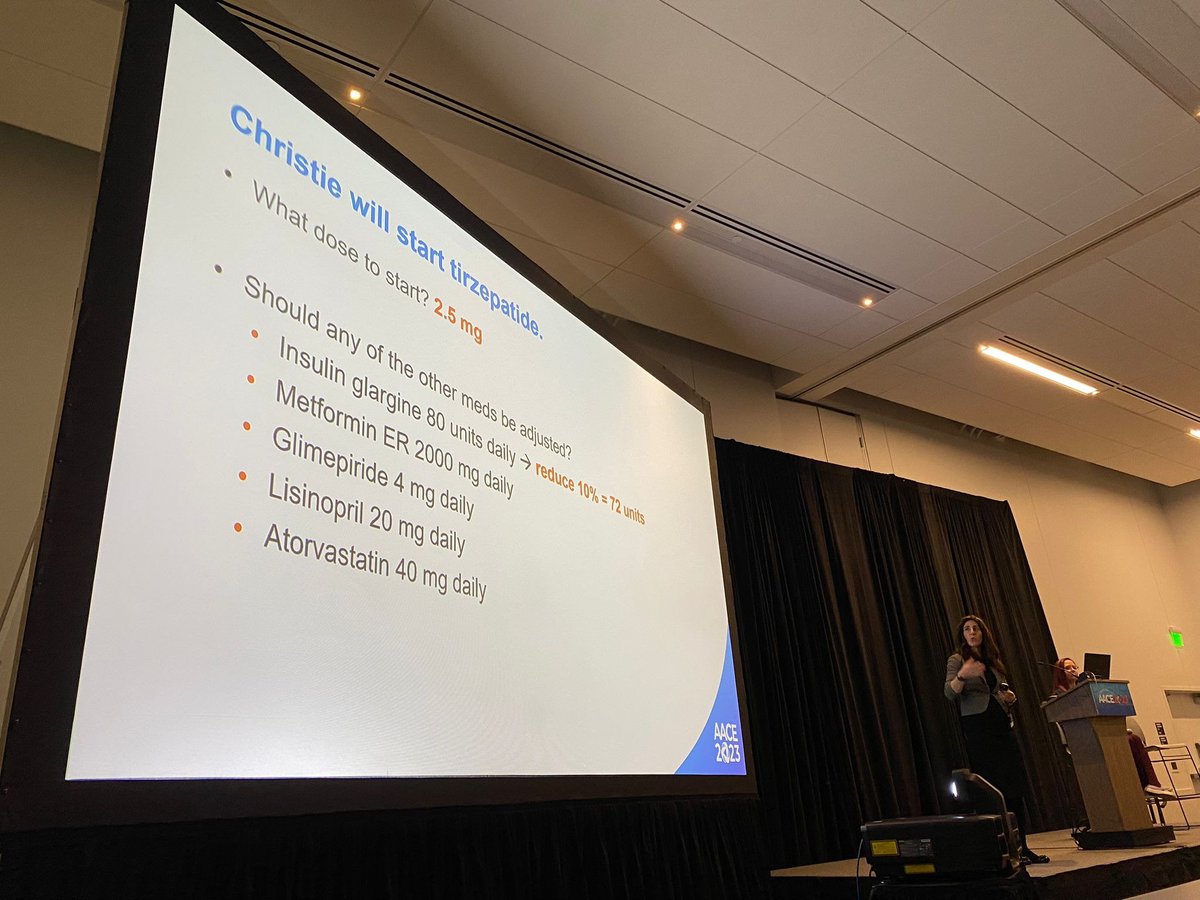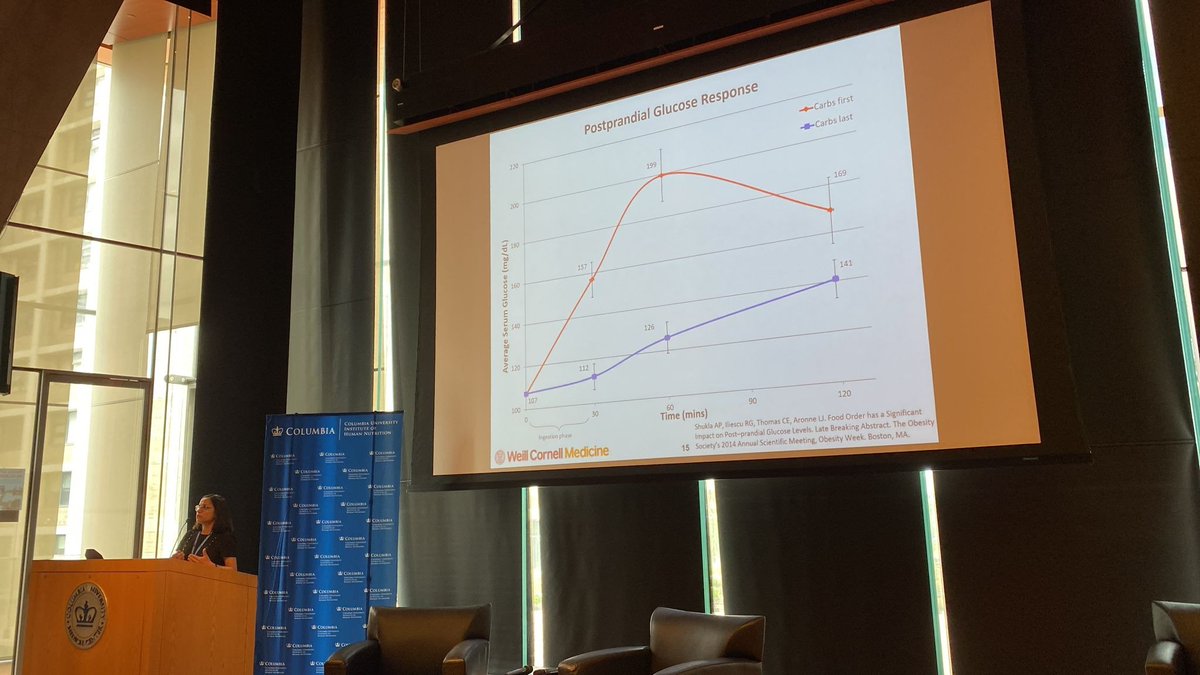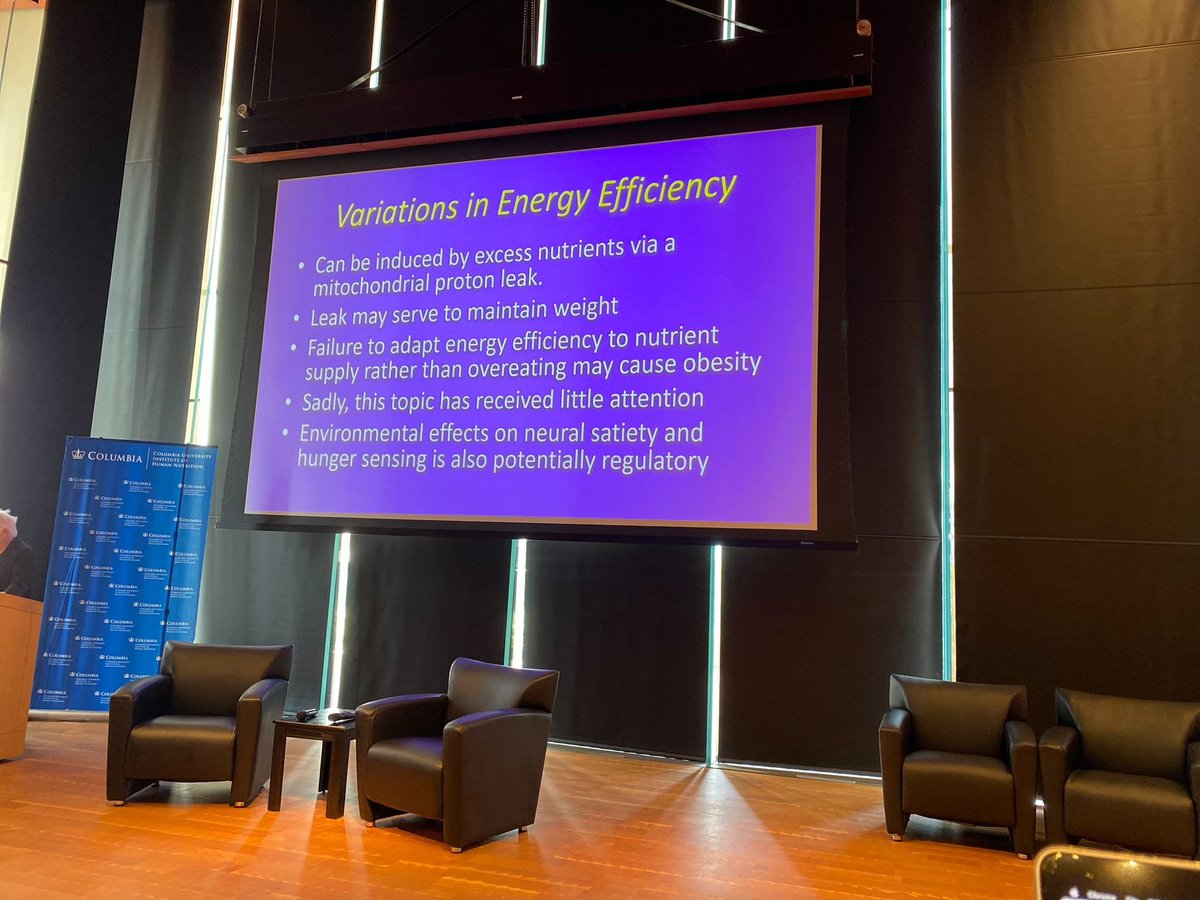Packed room with Richard J. Auchus, MD, PhD, FACE on #adrenal #hypertension
- drugs can cause false negative screens but not false positive screens
- you can probably just treat with mineralocorticoid antagonist instead of going through the diagnostic steps
#AACE2023
1/
- drugs can cause false negative screens but not false positive screens
- you can probably just treat with mineralocorticoid antagonist instead of going through the diagnostic steps
#AACE2023
1/

This is such an excellent talk that I don’t have much commentary to add. Just sharing high yield slides!
2/
2/

“All roads lead to adrenalectomy or mineralocorticoid antagonist anyway”
5/
5/
• • •
Missing some Tweet in this thread? You can try to
force a refresh

























